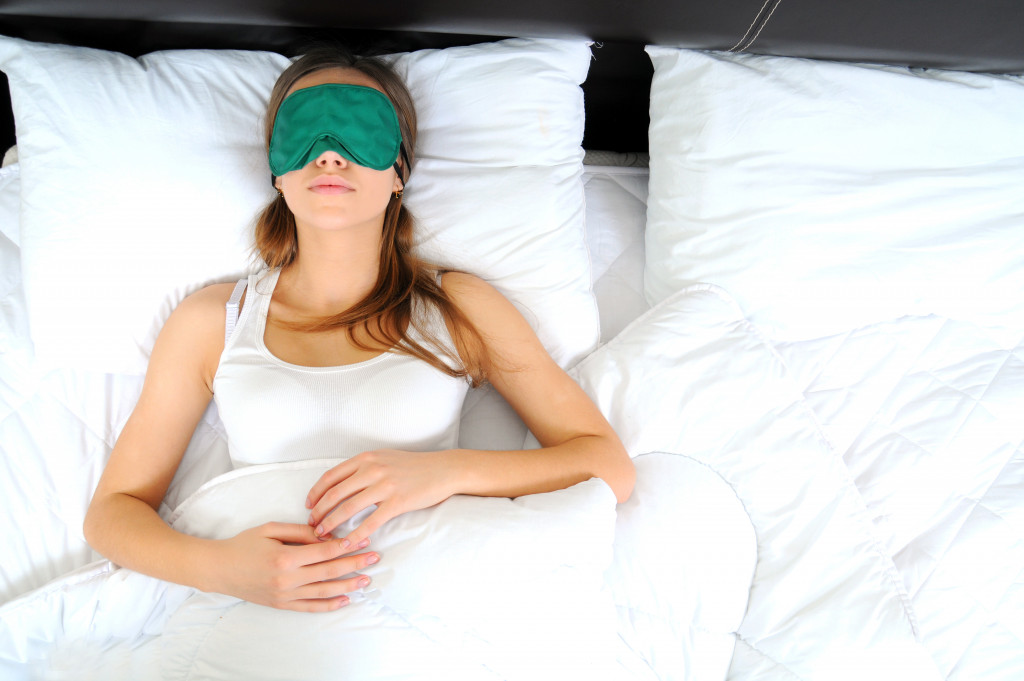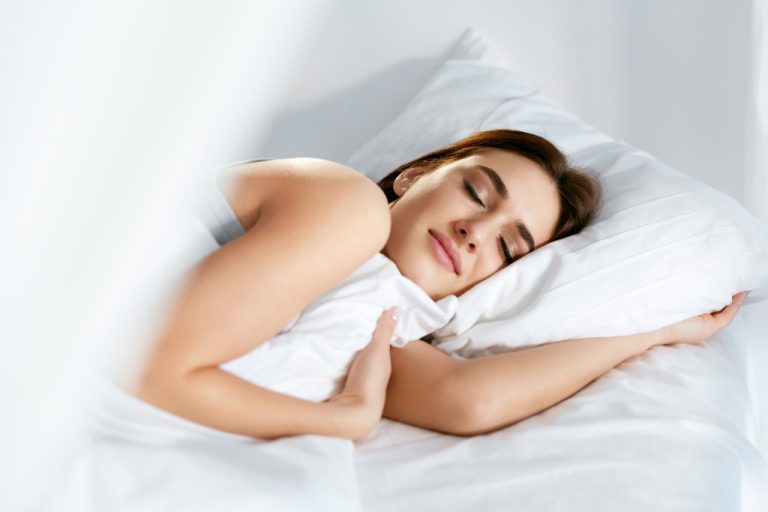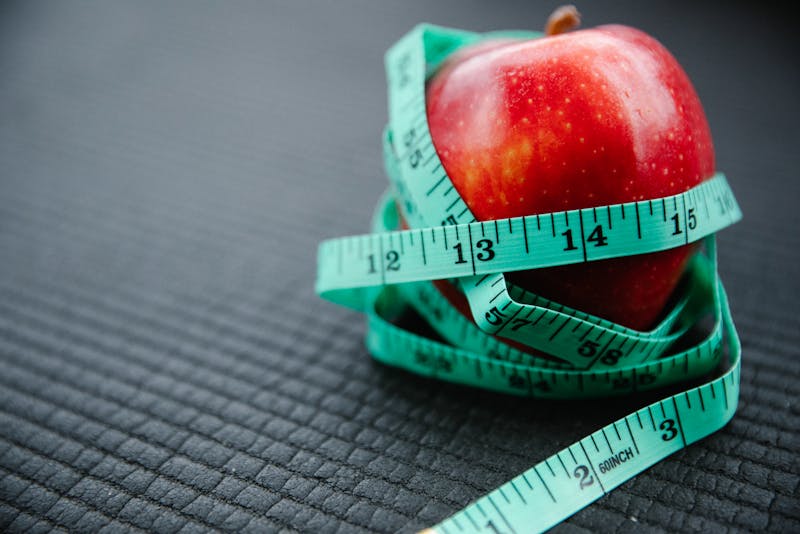If you’re one of the millions of Americans who struggle to get a good night’s sleep, you’re not alone. Chronic sleep issues affect around 70 million Americans. And the lack of sleep can lead to other health issues, poor quality of life, chronic diseases, and mental health issues.
Additionally, sleep issues can increase the risk of depression and obesity. It can also weaken your immunity, making you susceptible to diseases. Luckily, you can do a few simple things to encourage better sleep. Read on for some tips to help you sleep better at night.
Establish a regular sleep schedule.
Establishing a regular sleep schedule is essential so your body can get into a routine. When you have a regular sleep schedule, your body knows when it’s supposed to be tired, and you’re more likely to fall asleep quickly and get a good night’s sleep.
A regular sleep schedule can also help you feel more rested during the day. When well-rested, you can concentrate better and have more energy for activities.
To establish a regular sleep schedule:
- Go to bed and wake up at the same time every day, even on weekends.
- Avoid napping during the day, so you’ll be tired at night.
- Wind down before bedtime to give your body and mind time to transition from the day’s activities to sleep mode.
- If you can’t fall asleep within 30 minutes of bed, get up and do something else until you feel tired.
Following a regular sleep schedule can help you get better sleep at night and feel more rested during the day.
Create a restful environment.
Your bedroom should be a haven where you can relax and de-stress from the day’s events. Ensure your bedroom is dark, quiet, and cool to promote better sleep. Consider using blackout curtains or an eye mask to block light, a white noise machine or earplugs to muffle sound, and setting the thermostat to a comfortable temperature.
You should also avoid working or using electronic devices in bed so that your bedroom continues to be associated with rest. The blue light emitted from electronic screens can suppress melatonin production and make it more difficult to fall asleep.
You should also practice relaxation techniques to help you sleep. These techniques include deep breathing, progressive muscle relaxation, and visualization can help you de-stress and unwind before bedtime. These relaxation techniques can be done in bed or anywhere else comfortable for you.

Get regular exercise.
It’s essential to get regular exercise to get a good night’s sleep. Exercise releases endorphins, which can help you relax and fall asleep more easily. It also allows you to sleep more soundly and for more extended periods. A good night’s sleep is essential for your overall health and well-being, so get regular exercise, and you’ll be on your way to a better night’s sleep in no time.
Make sure not to exercise too close to bedtime. This can have the opposite effect: revving up your adrenaline and making it harder to wind down before bedtime. Aim to get at least 30 minutes of moderate exercise each day, such as walking, biking, or swimming. And if you can’t fit in a full workout, even 10 minutes of deep breathing or stretching can help improve your sleep quality.
Consult a professional
If you’re having trouble sleeping at night, consulting a professional might be a good idea. They can help you identify the root of the problem and recommend possible solutions. Often, simple changes to your sleep habits can make all the difference.
The professional can recommend devices that you can use to help you sleep better. For instance, you should also consider wearing a durable soft occlusal splint if you’re experiencing nocturnal bruxism. The condition can disrupt your sleep due to the unpleasant sounds you make while in bed.
Avoid caffeine and alcohol before bedtime.
Caffeine is a stimulant that can keep you awake long after you finish your cup of coffee or tea—so it’s best avoided in the evening hours altogether. Likewise, while alcohol may make you drowsy at first, it disrupts your natural sleep cycle. It prevents you from getting deep, restful sleep later in the night. So whether it’s coffee, tea, soda, or wine, it’s best to cut off all caffeinated and alcoholic beverages at least six hours before bedtime.
Instead of caffeine and alcohol, you should consider drinking herbal tea or warm milk before bedtime. Both of these drinks have been proven to promote relaxation and sleep.
Poor sleep can lead to serious health problems—but thankfully, there are a few simple steps you can take to encourage better sleep habits. By following the tips outlined above, you’ll be on your way to getting the deep, restful sleep your body needs to function at its best.





